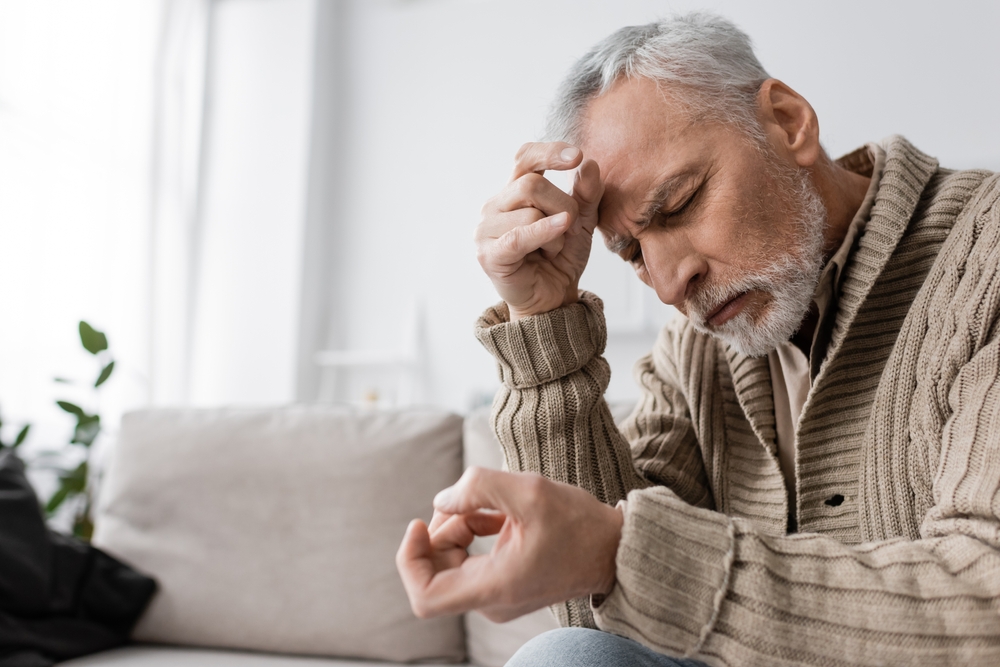Spontaneous Black Eye in Elderly Adults
Category:

Have you ever noticed or even personally experienced under-eye bruising for no reason? It can be quite concerning when this occurs seemingly out of nowhere, especially for older adults. However, knowing the underlying cause helps alleviate some unnecessary anguish. In this post, we will review what you need to know about a spontaneous black eye that may occur in the elderly.
Conditions Associated with Black Eye
Conditions that can be associated with a black eye include:
-
Blood clotting disorders (e.g., Factor II deficiency, Factor V deficiency, Factor VII deficiency, Factor X deficiency)
-
Broken nose
-
Concussion
-
Dengue fever
-
Epidural hematoma
-
Head injuries
-
Hemophilia
-
Skull fracture
-
Subdural hematoma
-
Von Willebrand disease
Causes of Spontaneous Black Eye
While the most common causes of a black eye are head or face injury, spontaneous black eye can also result from several possibilities:
-
Soft tissue injuries. These injuries can occur after hitting a wall, floor, or other object. Sometimes, soft tissue injuries can cause vision problems or difficulties opening and closing the eye.
-
Black eye overnight. Elderly waking up with a black eye usually means an accidental injury the day before. If you do not remember an injury, you should speak with a doctor as the black eye could indicate a more serious issue.
-
Increased blood pressure. When blood pressure rises, it can cause a capillary to burst.
Diagnosing a Black Eye
When seeking medical treatment for a black eye, the doctor will attempt to pinpoint underlying issues that may be the cause. Some ways doctors will diagnose the eye include:
-
Vision test. Your doctor will try to shine a light into your eyes and ask you to follow their finger with your eyes.
-
CT scans/X-rays. Your doctor may order a CT scan and/or X-ray on your face and head if a skull fracture is suspected.
-
Referral to an ophthalmologist. If your doctor suspects an eye injury, they may refer you to an ophthalmologist. This person may test for eyeball abrasions by putting a dye in your eye.
-
Referral to a neurosurgeon. Your doctor may refer you to a specialist if they suspect a possible head injury.
-
Referral to an ENT specialist. Your doctor may refer you to an ENT provider if they suspect facial fracture(s).
Treating a Black Eye
While it is recommended that you speak to a doctor if you have concerns about a spontaneous black eye, there are ways to treat it yourself. These include:
-
Compresses. If you have pain or swelling along with a black eye, apply a cold compress for 20 minutes on the eye, remove it, and repeat for 20 minutes. 20 minutes. When the swelling starts to go down, apply a warm compress to help promote the reabsorption of blood.
-
Pain relievers. Taking medications such as ibuprofen or acetaminophen can be helpful for black eyes accompanied by pain or throbbing.
-
Rest. If its a minor case, rest will help.
-
Home remedies. Using an ice pack or other home remedies can be beneficial for treatment. Arnica is a useful herbal remedy to reduce swelling. Vitamins C and K can also promote healing.
Subscribe
Date: 2024-01-23
Category:

